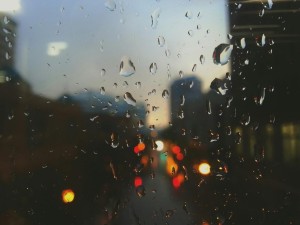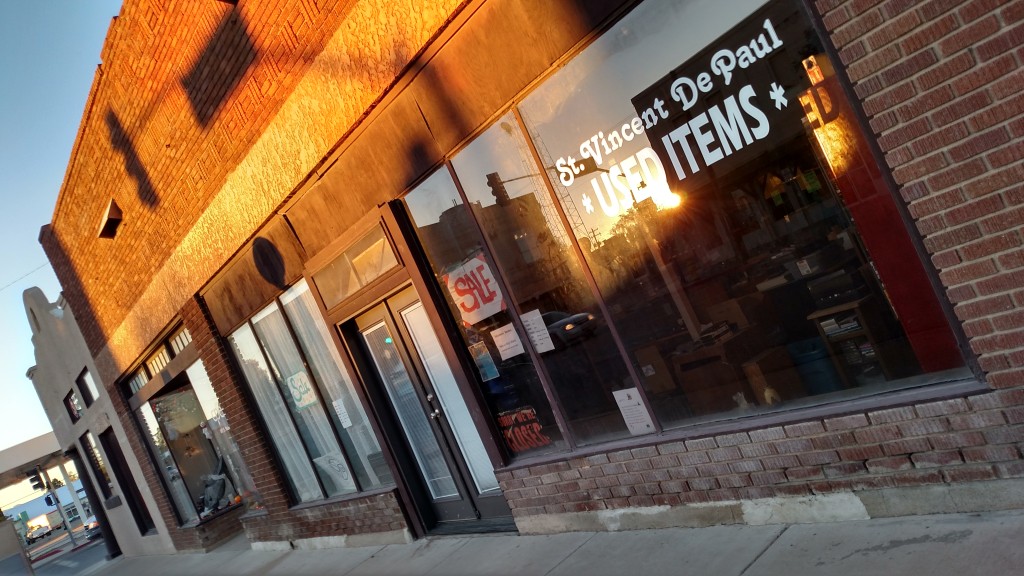About once a month, I wish that I could revisit a place from my past. It’s not always the same place (though some are recurring), but my terms are always the same: I want to be alone and undisturbed. I want to be able to look around to my heart’s content, and I want it to be exactly as it was when I was there.
I’m not sure what I think this would solve, exactly. I’m not sure what I would gain by sitting again at the bar of a restaurant, closed for the season, where I ate several breakfasts and dinners with a boy I once knew, who worked there when it was open. I remember the way he made coffee with a practiced, professional hand, and how we cooked together in the industrial kitchen in bare feet.
I spent one day there, alone, meeting food writing deadlines. Autumn sun flooded the floor where tables and chairs usually would have been. If I close my eyes, I can still remember how strange it was to be in a restaurant which wasn’t fulfilling its purpose, as if I were living in a post-rapture world and businesses were no longer relevant.
When that boy moved out of the country a few weeks later, he took the keys to that restaurant with him. I know that if I were to go back, it would not be to the same place where we danced to “Summertime Sadness” in the dark, or watched “You’ve Got Mail” together on Halloween. “That’s my favorite movie,” he had told me. I believed him.
Then, there’s a triplex in a small college town south of Spokane where my ex-boyfriend used to live. Floaty, grey sheers hung on his windows and the frozen early spring light filtered in during the day as I sat on the couch. Sometimes I would drive the hour and a half to spend a day off with him; we would sit together, enjoying our closeness. On those visits, I would arrive before he finished with work. He left the door unlocked for me, and I would lock it behind me immediately, the difference between my San Diego upbringing and his in rural Idaho.
From his window, I could see the local grocery store. Sometimes I would walk over and buy vegetables or salad dressing. He always had plenty of frozen things, chicken, beef, and vegetables, but I was the one who bought and roasted asparagus, quartered brussels sprouts, or sautéed mushrooms in butter.
I spent many hours in that three story house waiting for him to get home. I’m not sure why it still haunts me. In the afternoons there was a silence about it that reminded me of nap times when I used to babysit. I kept an ear out the way I listened for a child who might be stirring. I watched out the window for his return, tuning my ear to the sound of his truck.
Most often though, I find myself mentally walking the halls of my mother’s mother’s house, the one she sold quite a few years ago. Before I even get inside, there is the fragrance of gardenia along the path. There is a bush where I hid a Lindt truffle from my grandmother’s jar, hoping that it would be there for my next visit (it wasn’t). The lawn is split into two levels by a rock wall where we sat to let our sparklers burn out safely every fourth of July.
Inside, I step carefully into the marble-floored entry, remembering how hard it could be in an unexpected fall. I pause in the living room for a moment, remembering the year all of my cousins got gymnastics Barbies and we twirled them all over that floor. Upstairs, I run straight to the Tulip room, so named for my grandmother’s favorite flower and all of the tulip decor, mostly pink. This was where I slept when I visited and where she kept all the toys.
Across the way is the yellow bathroom where I steeped in oatmeal baths during my chicken pox and brushed my teeth with bright blue bath salts the color of my Crest gel.
Downstairs there is a den, beneath the kitchen where the food rested expectantly on holidays, ready to be heaped onto plates. I can’t quite remember how it worked, but I know that there was a bar. That was where my grandparents kept the biscuits for Jebby, their faithful dog, who patiently accepted one from each of the six grandchildren.
That den was where my Poppa, my mom’s dad, introduced me to Indiana Jones and Star Wars in those tender years we shared before he passed away, followed soon after by Jebby. If I pause in this section of the house and squeeze my eyes tight, I can hear the splashes from the waterslide into the pool just through the sliding glass door, and the echoes of a hollow ball meeting paddles and a table, down the hall in the garage where the coordinated are playing ping pong. Any moment now my Poppa will wrap an arm around my shoulder and ask if he can make me a drink. I guess, maybe, when I revisit a place, I don’t always want to be alone.
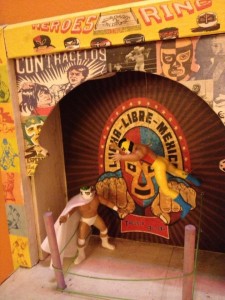 I traveled back south, to revisit places and people I know, love, and miss. Already home was a place I could not access, although I was comforted by a Southern drawl, a Cajun twang, an East Texas pacing of speech. The molasses air felt like a hug. I swallowed my pride, and told the loved ones I’d abandoned that I had not found eternal happiness in committing this crime against home.
I traveled back south, to revisit places and people I know, love, and miss. Already home was a place I could not access, although I was comforted by a Southern drawl, a Cajun twang, an East Texas pacing of speech. The molasses air felt like a hug. I swallowed my pride, and told the loved ones I’d abandoned that I had not found eternal happiness in committing this crime against home.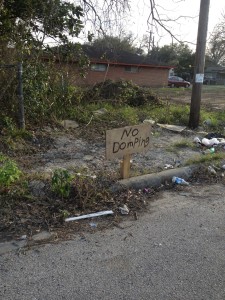 there was what I called urban scenery: railroad trestles along a bayou with a junkyard in the midground, viewed from a grassy path. Definitely a different kind of picturesque, but a memorable picture nonetheless.
there was what I called urban scenery: railroad trestles along a bayou with a junkyard in the midground, viewed from a grassy path. Definitely a different kind of picturesque, but a memorable picture nonetheless.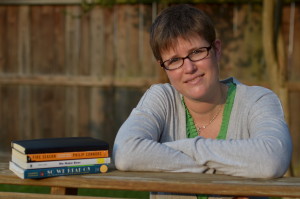
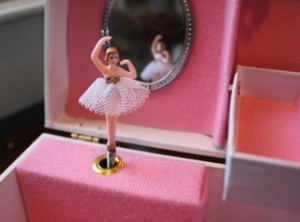

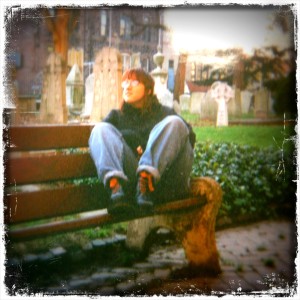
 erlmutter writes about unabridged life, fragmented faith, and investing in the mess at her blog
erlmutter writes about unabridged life, fragmented faith, and investing in the mess at her blog 